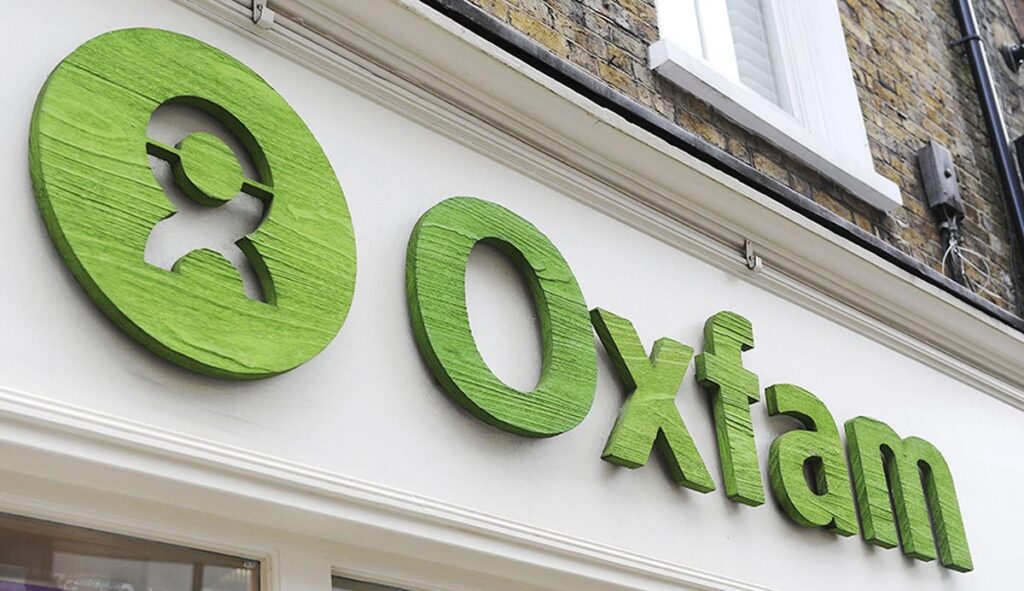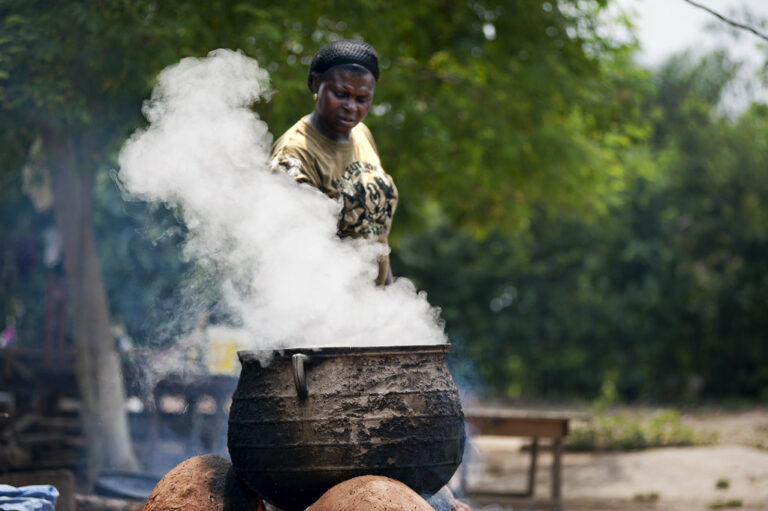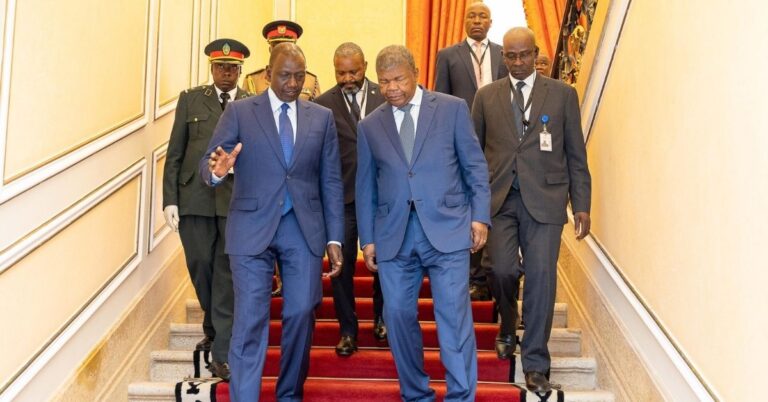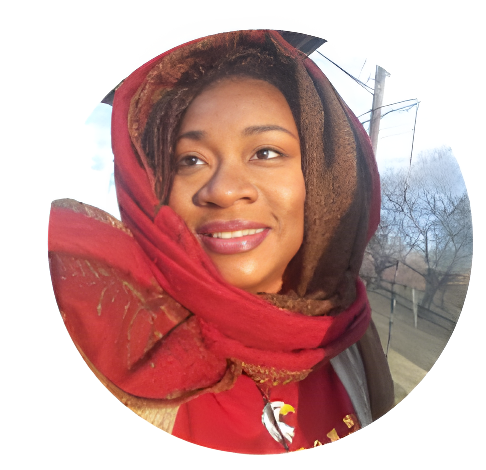
In ten years, at least five trillionaires will exist, according to Oxfam.
In 2024, there were 204 new billionaires created, or almost four every week.
Nowadays, inheritance, monopoly power, or crony ties account for 60% of billionaire fortune, as Oxfam contends that “extreme billionaire wealth is largely unmerited.”
Through the banking system, the wealthiest 1 percent in the Global North took $30 million per hour from the Global South in 2023.
In order to combat extreme wealth, lessen inequality, and destroy the new aristocracy, Oxfam calls on countries to tax the wealthiest. Reparations must be made by former colonial countries to make up for past wrongs.
In 2024 alone, billionaire wealth increased by $2 trillion, or almost $5.7 billion per day, three times faster than the previous year. Every week, on average, about four new billionaires were created.
In the meantime, World Bank statistics shows that the number of people living in poverty has hardly changed since 1990.
The number of billionaires increased from 2,565 in 2023 to 2,769 in 2024. In just 12 months, their combined wealth increased from $13 trillion to $15 trillion. Since statistics have been kept, this is the second-largest annual gain in billionaire wealth. Even if they lost 99 percent of their fortune overnight, the ten richest men in the world would still be billionaires because their wealth increased by about $100 million every day on average.
Oxfam said last year that the first trillionaire would appear within ten years. However, this prediction has grown significantly as billionaire wealth is increasing at a quicker rate; at present trends, the globe is now expected to witness at least five trillionaires during that timeframe.
A monopolistic concentration of power, where billionaires increasingly control industry and public opinion, makes this ever-increasing concentration of wealth possible.
Today, Oxfam releases “Takers Not Makers” as billionaire Donald Trump, supported by the richest man in the world, Elon Musk, takes office as president of the United States and business leaders assemble in the Swiss resort town of Davos.
“The capture of our global economy by a privileged few has reached heights once considered unimaginable. The failure to stop billionaires is now spawning soon-to-be trillionaires. Not only has the rate of billionaire wealth accumulation accelerated –by three times– but so too has their power,” said Oxfam International Executive Director Amitabh Behar.
“The crown jewel of this oligarchy is a billionaire president, backed and bought by the world’s richest man Elon Musk, running the world’s largest economy. We present this report as a stark wake up-call that ordinary people the world over are being crushed by the enormous wealth of a tiny few,” said Behar. The survey also reveals that, in contrast to common belief, a major portion of billionaire money is undeserved; currently, 60 percent of billionaire wealth is derived from monopoly power, inheritance, or crony connections. Two main factors contributing to the creation of billionaire riches are unmerited wealth and colonialism, which is viewed as both a history of ruthless wealth extraction and a potent force behind the extreme levels of inequality that exist today.
According to Oxfam, 36% of billionaire wealth is now inherited. UBS predicts that more than 1,000 of today’s billionaires would leave more than $5.2 trillion to their heirs over the next two to three decades, while Forbes research indicates that every billionaire under 30 inherited their money.
The historical colonization and exploitation of weaker nations is partly responsible for the fortune of many super-rich people, especially in Europe. For instance, colonial actions in Africa contributed to the wealth of billionaire Vincent Bolloré, who has used his vast media “empire” to support France’s nationalist right.
In what Oxfam’s research refers to as “modern-day colonialism,” this cycle of wealth extraction continues today, with enormous sums of money still moving from the Global South to nations in the Global North and their wealthiest inhabitants.
In 2023, the wealthiest 1% of people in the Global North, which includes the US, UK, and France, took $30 million every hour from the Global South through the financial system.
Despite only making up 21% of the world’s population, the Global North countries own 68% of the world’s wealth, 77% of billionaire wealth, and 68% of billionaires.
In the World Bank’s main arm, the average Belgian has around 180 times the voting power of the average Ethiopian.
Repayment of debt, frequently to wealthy creditors in New York and London, accounts for about half of the national budgets of low- and middle-income nations on average. This is significantly more than what they have invested in healthcare and education combined. The governments of the Global South paid $3.3 trillion in interest to Northern creditors between 1970 and 2023.
In the World Bank’s main arm, the average Belgian has around 180 times the voting power of the average Ethiopian.
Repayment of debt, frequently to wealthy creditors in New York and London, accounts for about half of the national budgets of low- and middle-income nations on average. This is significantly more than what they have invested in healthcare and education combined. The governments of the Global South paid $3.3 trillion in interest to Northern creditors between 1970 and 2023. Inequality has been a persistent legacy of racism, imperialism, and exploitation. Africans’ average life expectancy is still over 15 years lower than Europeans’ nowadays. According to research, for employment of equal competence, salaries in the Global South are between 87 and 95 percent less than those in the Global North. Even though they provide 90% of the labor that powers the world economy, workers in low- and middle-income nations only get 21% of global income. Around the world, women are more likely than males to work in the most precarious types of informal jobs, such as domestic work. In wealthy nations, migrant workers typically make around 13% less than native-born workers, with the pay gap for female migrants reaching 21%.
“The ultra-rich like to tell us that getting rich takes skill, grit and hard work. But the truth is most wealth is taken, not made. So many of the so-called ‘self-made’ are actually heirs to vast fortunes, handed down through generations of unearned privilege. Untaxed billions of dollars in inheritance is an affront to fairness, perpetuating a new aristocracy where wealth and power stays locked in the hands of a few,” said Behar.
“Meanwhile, the money desperately needed in every country to invest in teachers, buy medicines and create good jobs is being siphoned off to the bank accounts of the super-rich. This is not just bad for the economy –it’s bad for humanity.”
Governments are being urged by Oxfam to do quickly to curb extreme wealth and reduce inequality:
Reduce inequality drastically. At the national and international levels, governments must make a commitment to guarantee that the incomes of the top 10 percent do not surpass those of the poorest 40 percent. Reducing inequality might reduce poverty three times more quickly, according to World Bank research. The racism, misogyny, and division that support continued economic exploitation must also be addressed and eradicated by governments. To stop excessive wealth, tax the wealthiest. A new UN tax agreement should govern global tax policy, guaranteeing that the wealthiest individuals and businesses pay their due amount. It is necessary to eliminate tax havens. According to Oxfam’s findings, half of the billionaires in the world reside in nations where direct descendants are exempt from inheritance taxes. To destroy the new aristocracy, inheritance must be taxed.
Stop the wealth transfer from the South to the North. Pay off debts and stop wealthy nations and businesses from controlling trade regulations and financial markets. This entails dismantling monopolies, democratizing patent laws, and policing businesses to guarantee that they pay livable salaries and set a cap on CEO compensation. Reorganize voting procedures at the UN Security Council, World Bank, and IMF to ensure that nations in the Global South are fairly represented. Along with facing the long-term damage brought about by their colonial control, former colonial powers also need to formally apologize and make amends to the communities they harmed.








